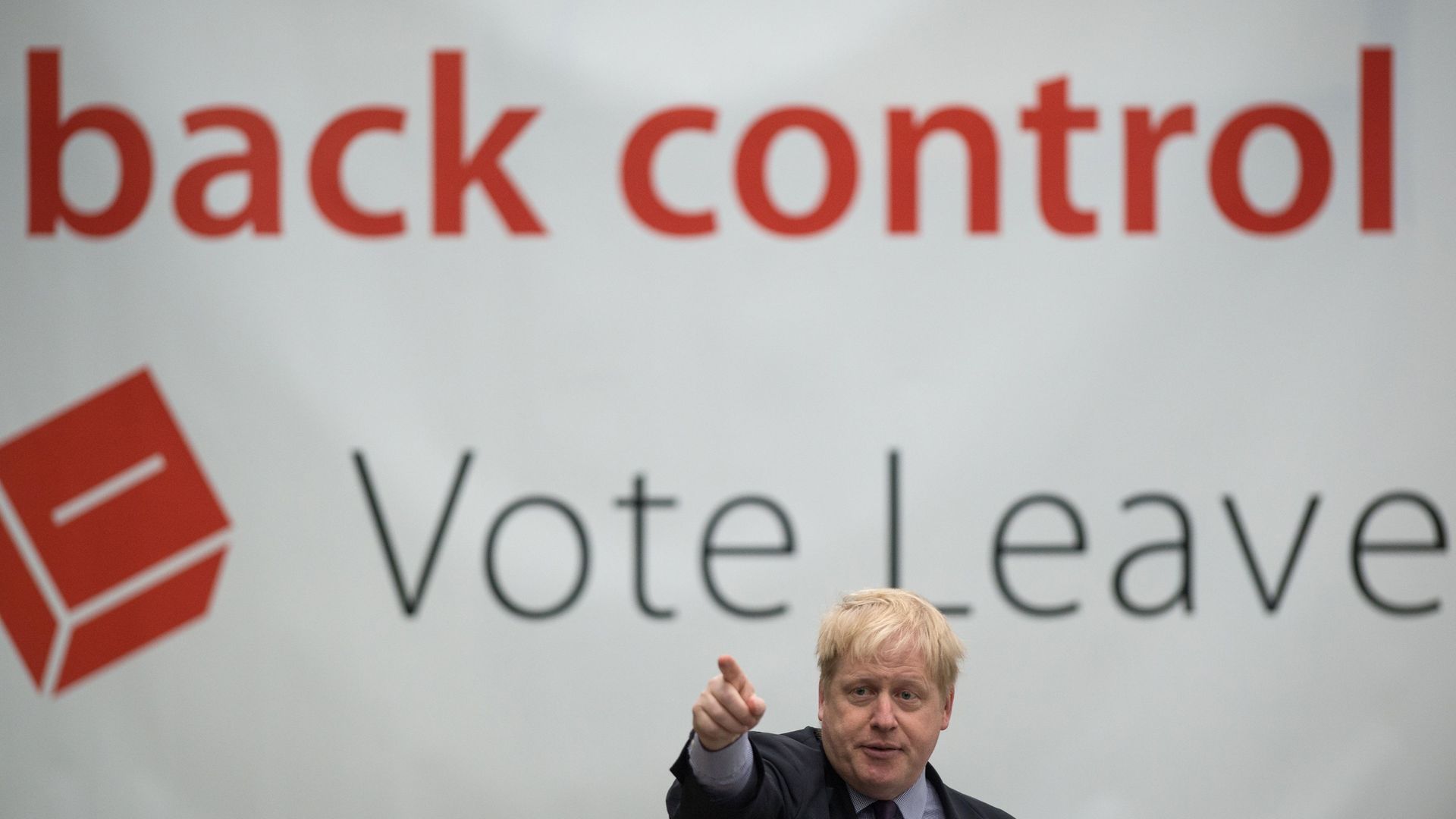
The belief that Brexit supporters were typically working-class from “left behind” red-wall seats and dilapidated seaside towns has been quashed by new research that shows half of leave voters were well off.
The research, by think tank UK in a Changing Europe, draws on workshops that occurred in the summer of 2020 and shed light on the motivations of the typical Brexit voter in Britain.
“An image of the left-behind leave voter has taken hold: a poorly educated inhabitant of a faded seaside town or the grim, post-industrial north. But we forget too easily that no place (or group of people) is wholly homogenous. Many people voted for Brexit even in the most pro-remain places; more than a million people in Scotland and 1.5 million in London voted leave,” the report, Comfortable Leavers, says.
The report said this voting group did not have huge expectations of “sunlit uplands” or economic gains but believed that leaving the EU was an opportunity to address a perceived loss of industry, community services and national pride.
It also found that while many leave voters faced economic hardship, almost half were relatively well off.
A quarter were categorised as “economically deprived, anti-immigration” with monthly household income of less than £2,200 a month. A third were older working class, with an average age of 71.
However, almost half were “affluent eurosceptics” who wanted money handed over to Brussels funneled back into policing, the NHS, care workers and “proper, secure work for high-quality domestic production, as well as apprenticeship in real jobs”.
Their views on immigration were more nuanced that the leave narrative suggests and were “more scathing” about British people on benefits.
“‘The English are feral, and they were fed for years and years off, if you stubbed your toe you got disability living allowance for the rest of your life … The English need to be retrained that, to feed your family, if you have to go and scrub toilets … that’s what you do,'” said one female from the west Midlands.
“Poverty was often linked to narratives of ‘scrounging’ and ‘laziness’, of poor role models and a ‘something-for-nothing’ culture,” says the report.
National pride was a strong identifier for comfortable leavers with little support for devolution.
“The expectations and hopes for the post-Brexit world among comfortable leavers show a nostalgic optimism that leaving the EU (and the pandemic) might be a catalyst for change, but a change that could restore industries, services and a sense of pride from an earlier era,” concludes the report.
NatCen, which held the workshops, spoke to 130 people, 73 of which voted leave, 55 voted remain and two did not vote.









